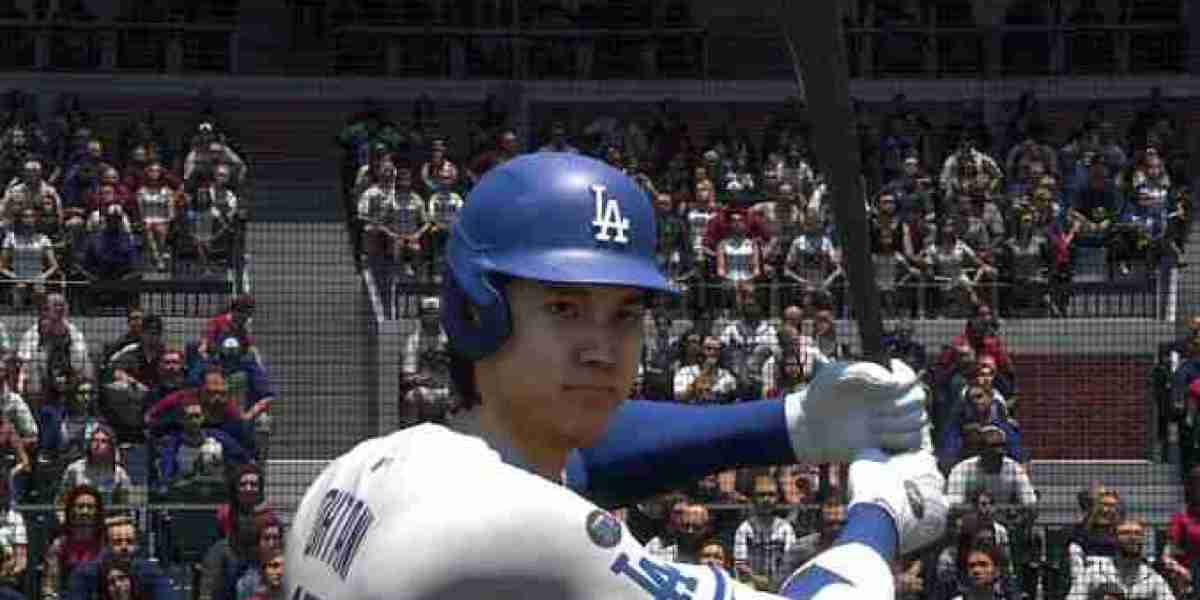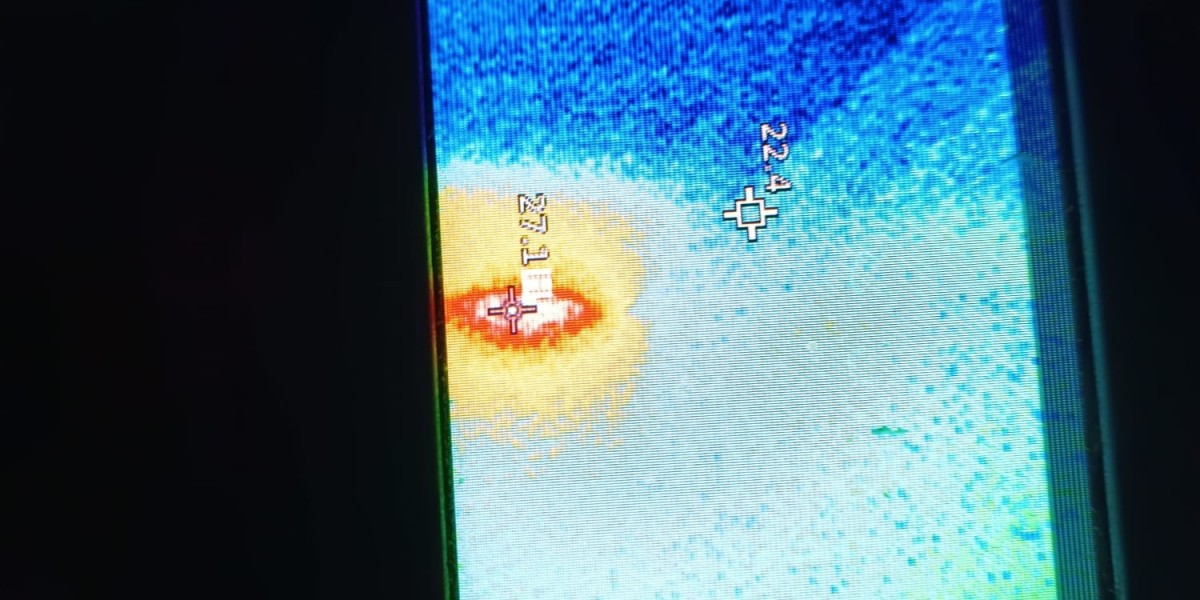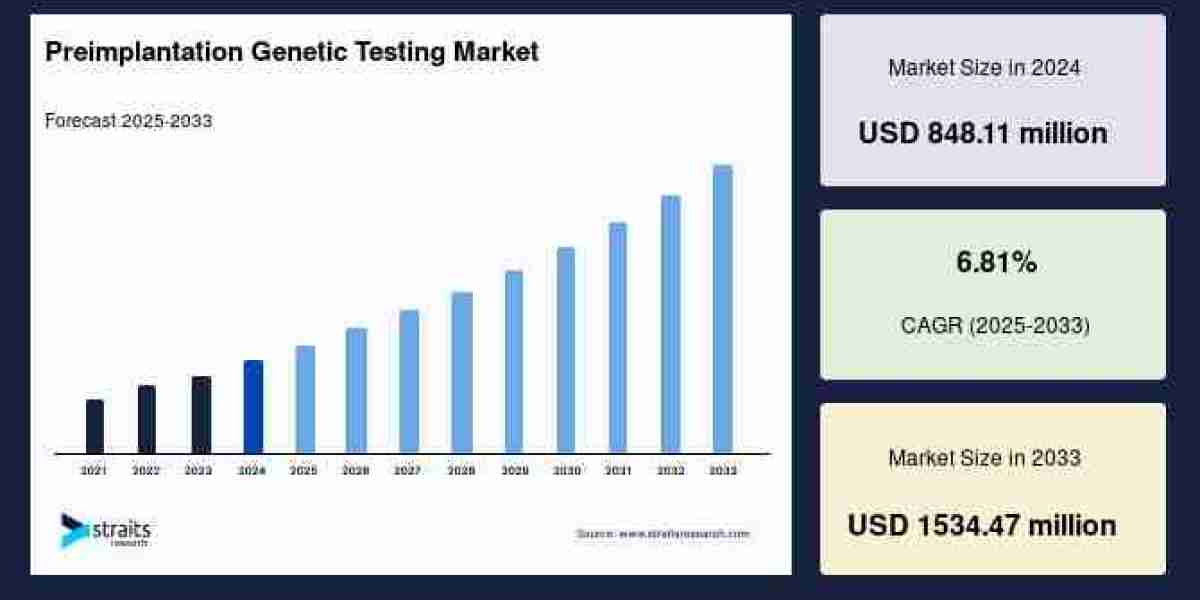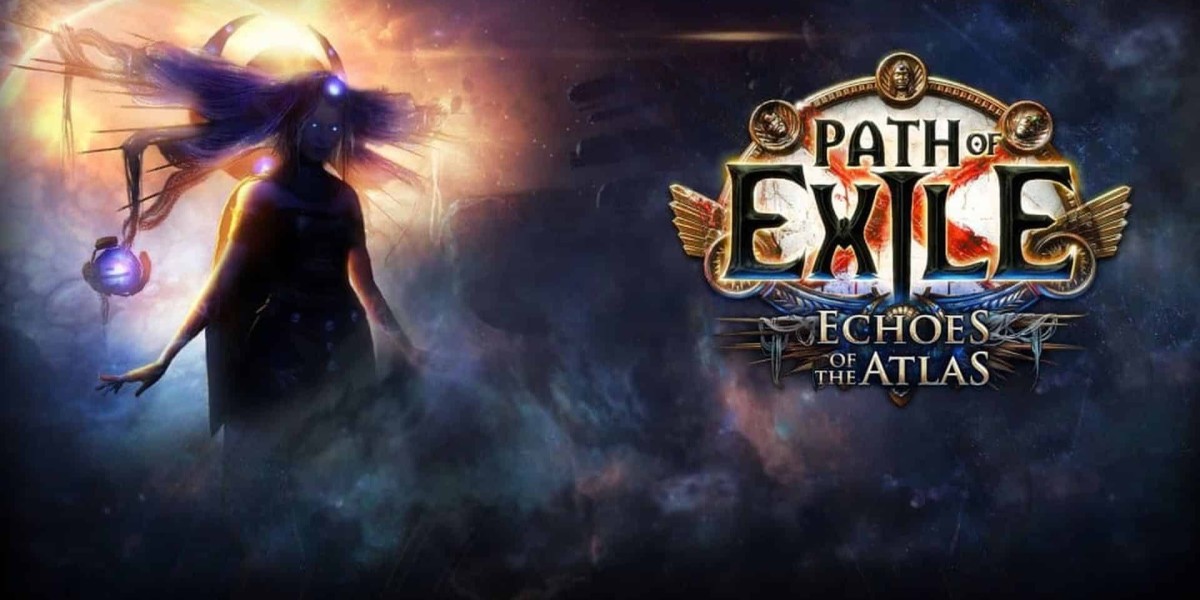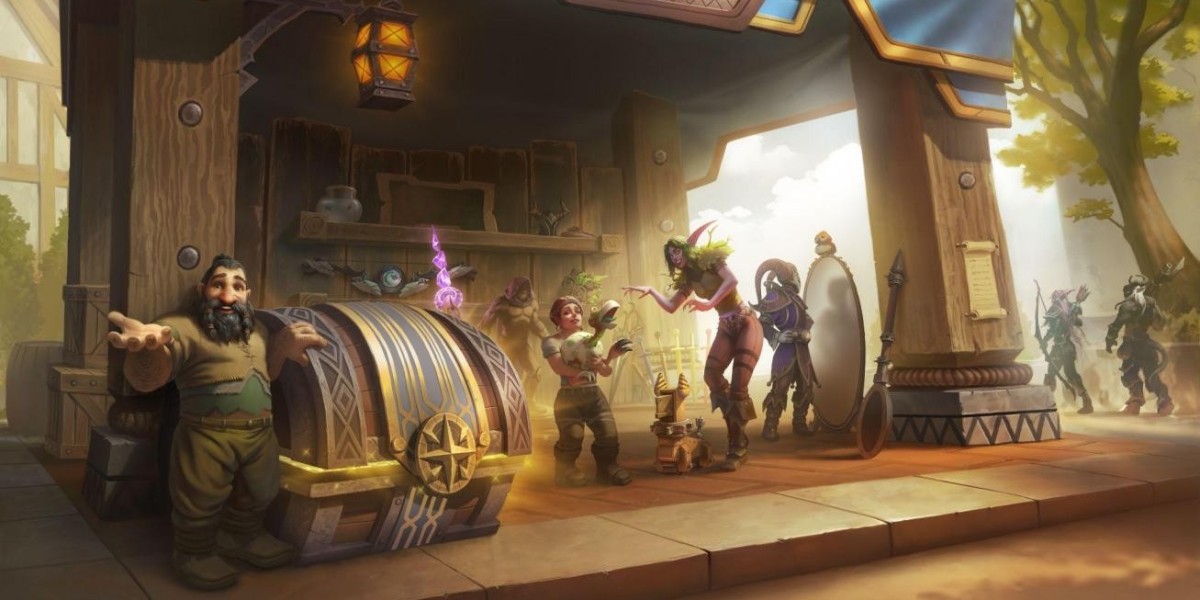Few Call of Duty releases have split the community quite like Black Ops 7, and the parallel rise in searches for bo7 bot lobbies for Sale reflects how divided players are about engaging with the game in traditional ways. On one side, a vocal group insists that the title is a clear improvement over recent entries, with better progression and more thoughtful systems. On the other, critics argue that the game represents everything that has gone wrong with the franchise’s direction and monetization. This love–hate dynamic defines the conversation around it.
Supporters tend to focus on gameplay and progression. They point out that weapon and camo challenges feel more attainable and rewarding than in some prior releases, reducing the sense of endless grind. The moment-to-moment gunplay, map design, and time-to-kill balance are often described as solid, especially compared to the most controversial years in the series. For these players, Black Ops 7 is not perfect but is clearly trending back toward the kind of experience they want.
However, even many who enjoy the gameplay admit that the surrounding ecosystem is exhausting. Cosmetic bundles, premium tiers, and layered passes can make it feel as if every corner of the game is monetized. When that structure sits on top of a full-price tag, the value proposition starts to feel lopsided. Good gameplay alone cannot fully offset the irritation some players feel when the store menu seems as prominent as the multiplayer menu.
Critics of the game go further, arguing that Black Ops 7 is less a fresh entry and more a costly patch for Black Ops 6. In this view, the improvements are not a bonus but an obligation—fixes that should have been part of the earlier game, now packaged as a separate product. This framing turns what might be seen as quality-of-life upgrades into another example of the publisher charging twice for one vision. For fans holding that perspective, skipping the game becomes a statement, not just a preference.
The community’s content ecosystem reflects this divide. Some creators produce thoughtful breakdowns of what the game does right, celebrating the changes and actively grinding content. Others build their channels around critiquing sales data, corporate decisions, and the long-term health of the brand. Both sides cite numbers, trends, and anecdotes, but they arrive at different emotional conclusions: cautious optimism versus hardened cynicism.
What unites both camps is a recognition that the franchise is at a turning point. Supporters want the publisher to view Black Ops 7 as proof that better design is possible and should be pushed further. Critics want the weak commercial response to send a message that the current pricing and monetization framework is unsustainable. Together, they form a messy but passionate community still deeply invested in what Call of Duty could become, even if they disagree on how to get there.
Read more: Black Ops 7 Proving Grounds Guide — All Rewards, Challenges & How to Dominate the Leaderboard

